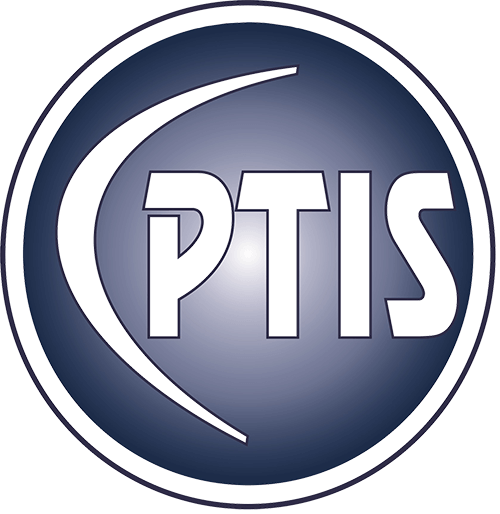Services like Book of the Month or Scribd provide access to a wide range of titles for a monthly fee.
Account Management
Q9: How can I keep track of the dystopian novels I want to read?
Utilizing platforms like Goodreads allows readers to create lists of books they want to read, rate and review novels, and connect with other readers. Online communities exist on platforms like Reddit, Facebook, and Discord, where you can discuss your favorite books, share recommendations, and participate in book clubs focusing on dystopian literature.
Troubleshooting
Q11: What should I do if I’m not enjoying a dystopian book?
If you find a dystopian book isn’t resonating with you, consider:
- Putting it down and trying a different title
- Exploring different authors or subgenres
- Reading reviews or summaries to see if it aligns with your interests
Reading should be enjoyable, and there’s a vast selection to choose from!
Q12: How do I handle sensitive themes in dystopian literature?
Dystopian books often tackle heavy themes. Popular choices include:
- Survival and resilience
- Government control and rebellion
- Technological impacts on society
Consider classic titles like “1984” by George Orwell or modern examples such as “The Hunger Games” by Suzanne Collins.
Features & Capabilities
Q4: What are common themes in dystopian novels?
Dystopian novels often explore themes such as:
- Surveillance and privacy
- The loss of individuality
- Environmental degradation
- Social inequality
- Technological dependence
Q5: What makes a dystopian book impactful?
An impactful dystopian book often features a well-developed world, relatable characters, and an engaging plot that resonates with contemporary issues.
Dystopian Series Books: Your Questions Answered
Dystopian literature presents readers with complex worlds filled with societal issues, moral dilemmas, and thought-provoking narratives.
Equally important, consider switching to another title or author within the genre that might better match your interests.
Q10: How can I find dystopian books that suit my taste?
To find the right dystopian novels for you, consider looking at book reviews, recommendations from friends, or curated lists online. Popular options include:
- Kindle Unlimited
- Book of the Month Club
- Audible for audiobooks
These services often provide discounts or access to exclusive titles.
Account Management
Q9: How can I keep track of the dystopian books I want to read?
Consider using book tracking apps such as Goodreads or StoryGraph. Start by brainstorming societal issues that concern you and envision how they could evolve into a dystopian future. If you find yourself not enjoying a particular book, consider analyzing why it isn’t appealing to you—whether it’s the writing style, pacing, or themes.
